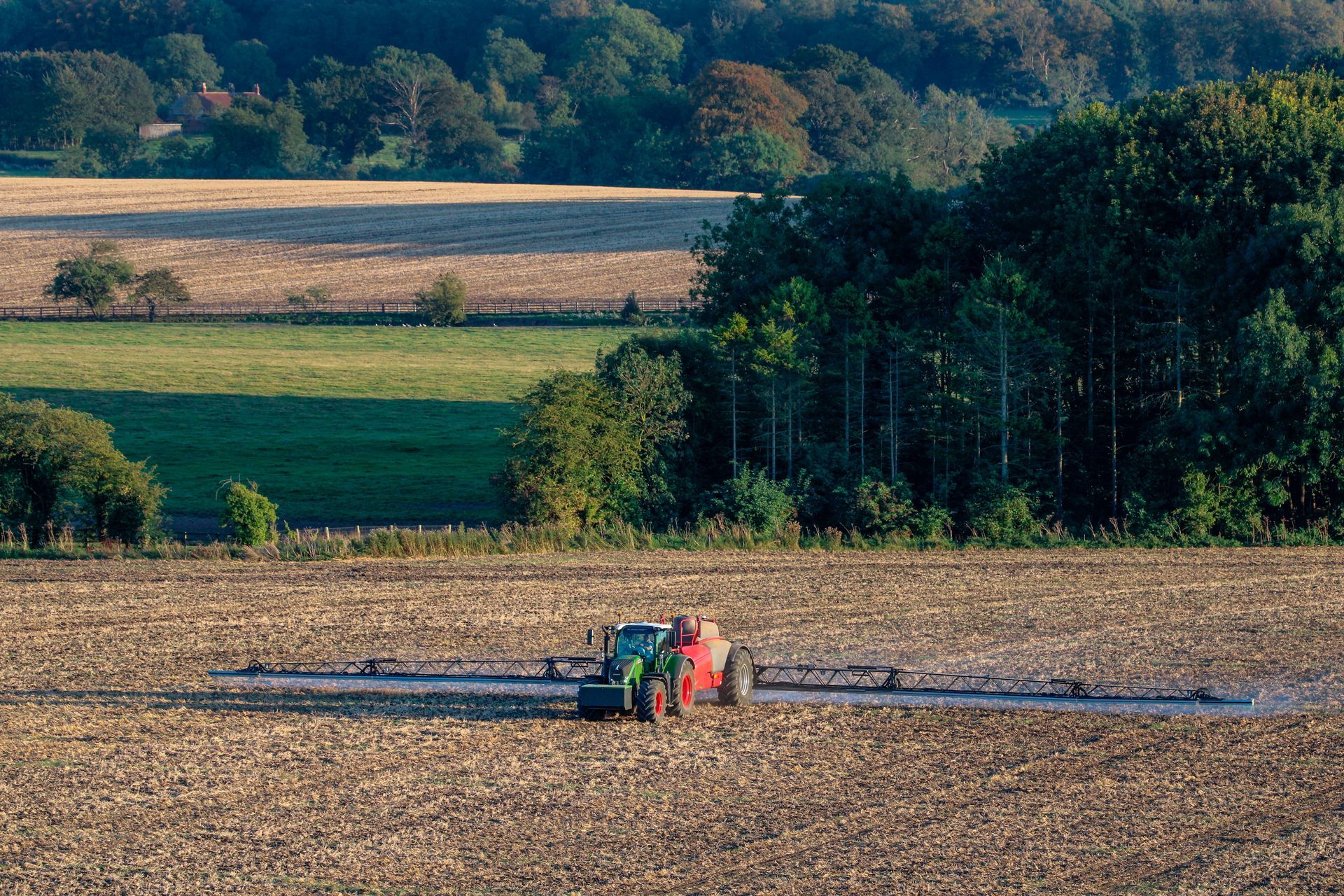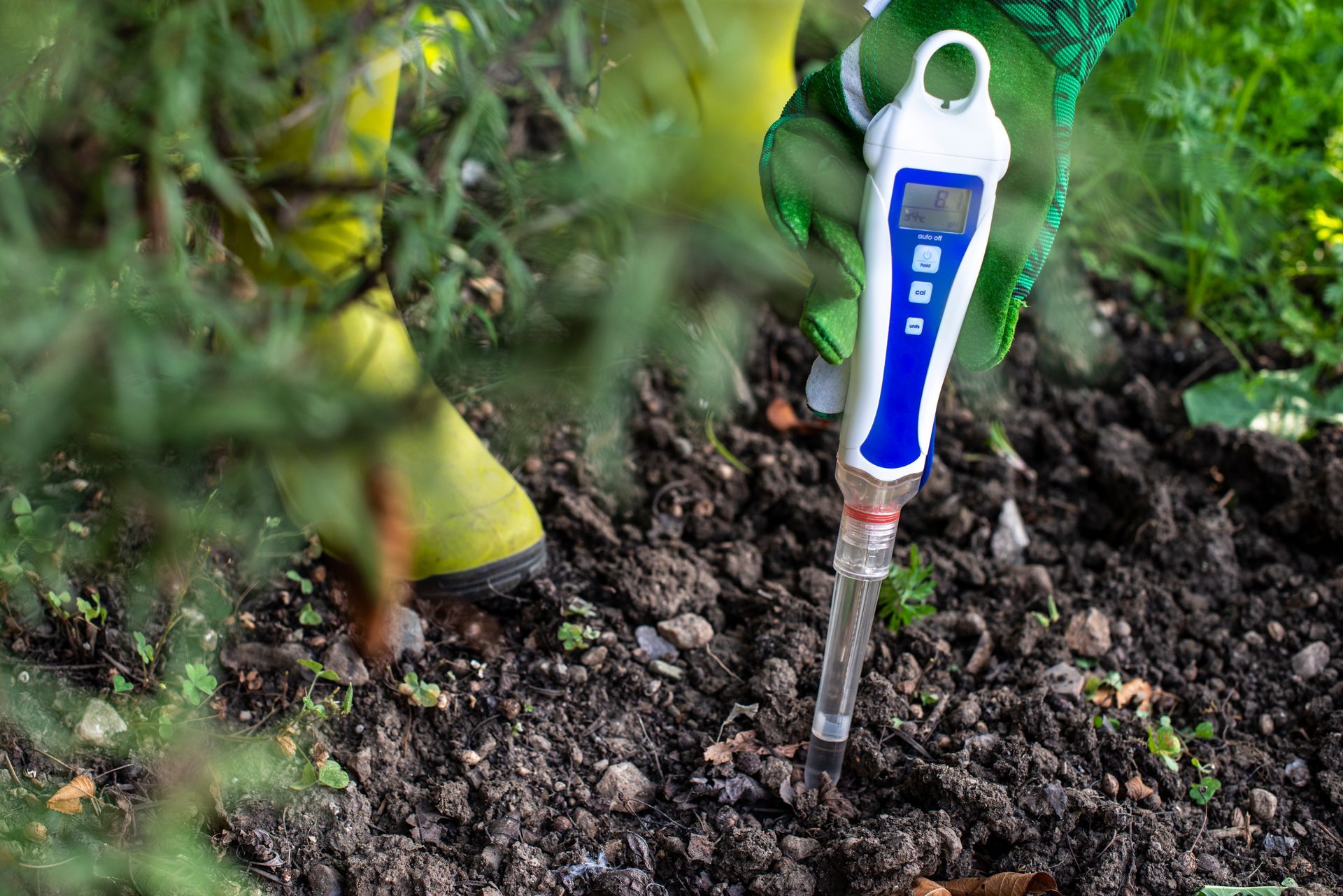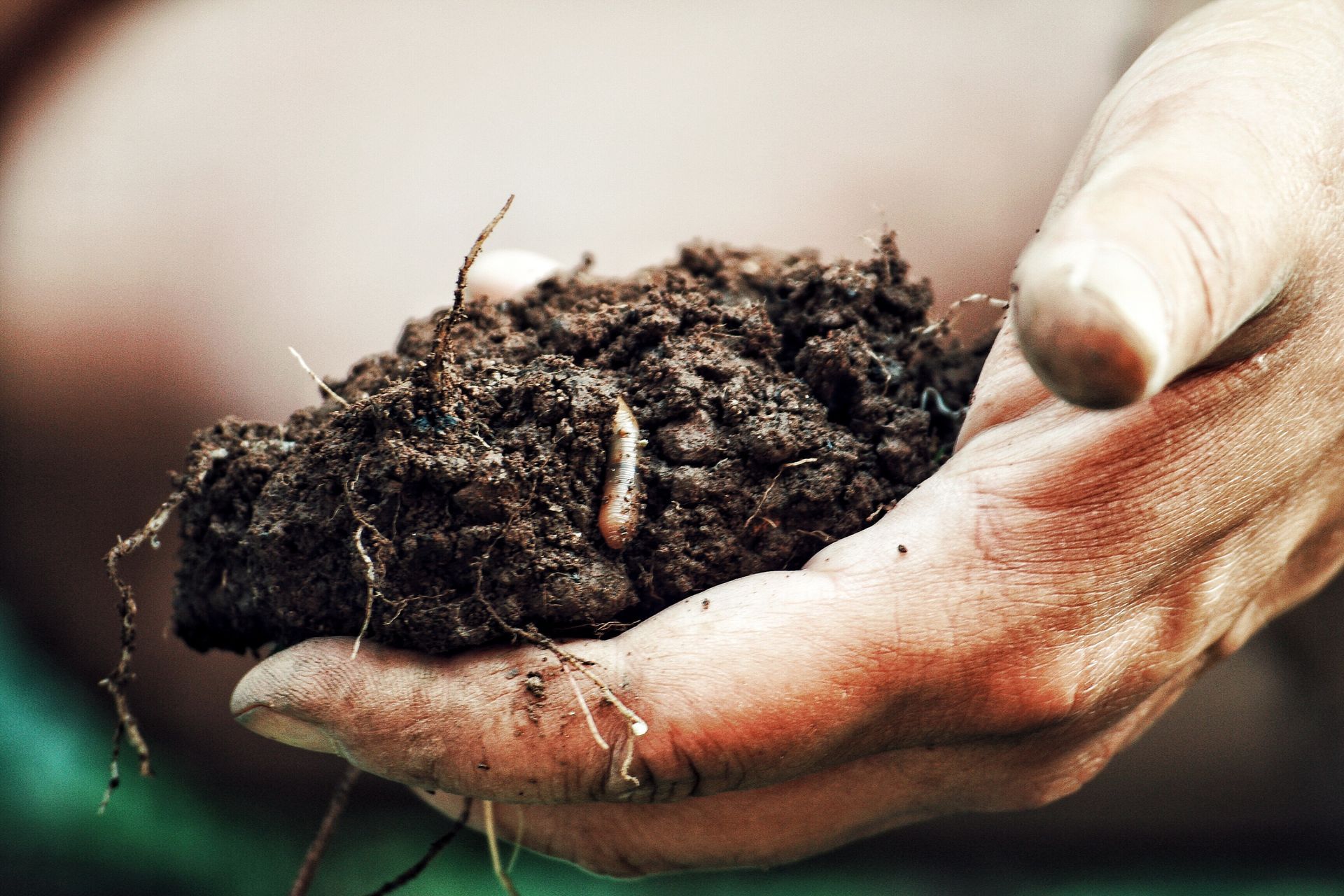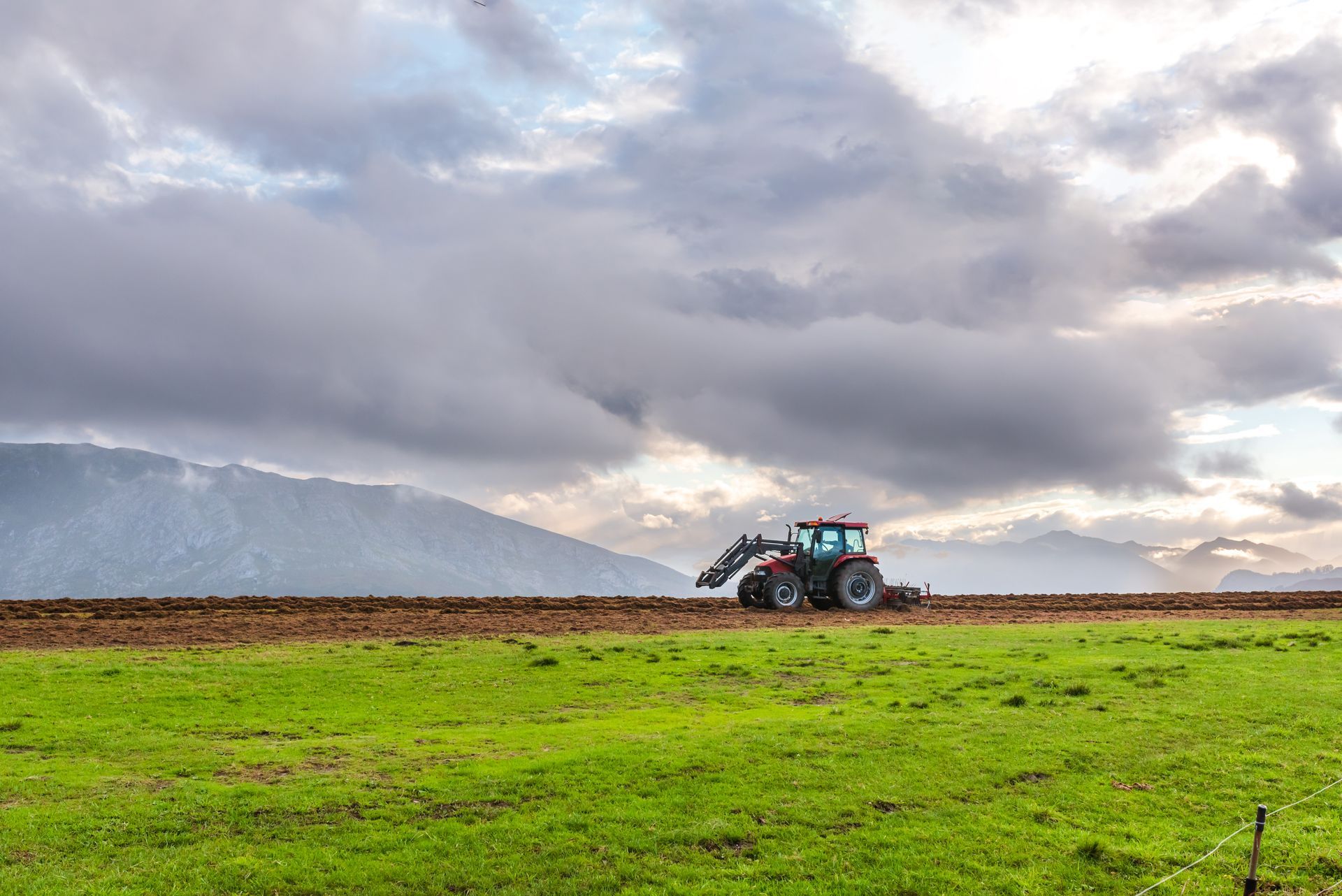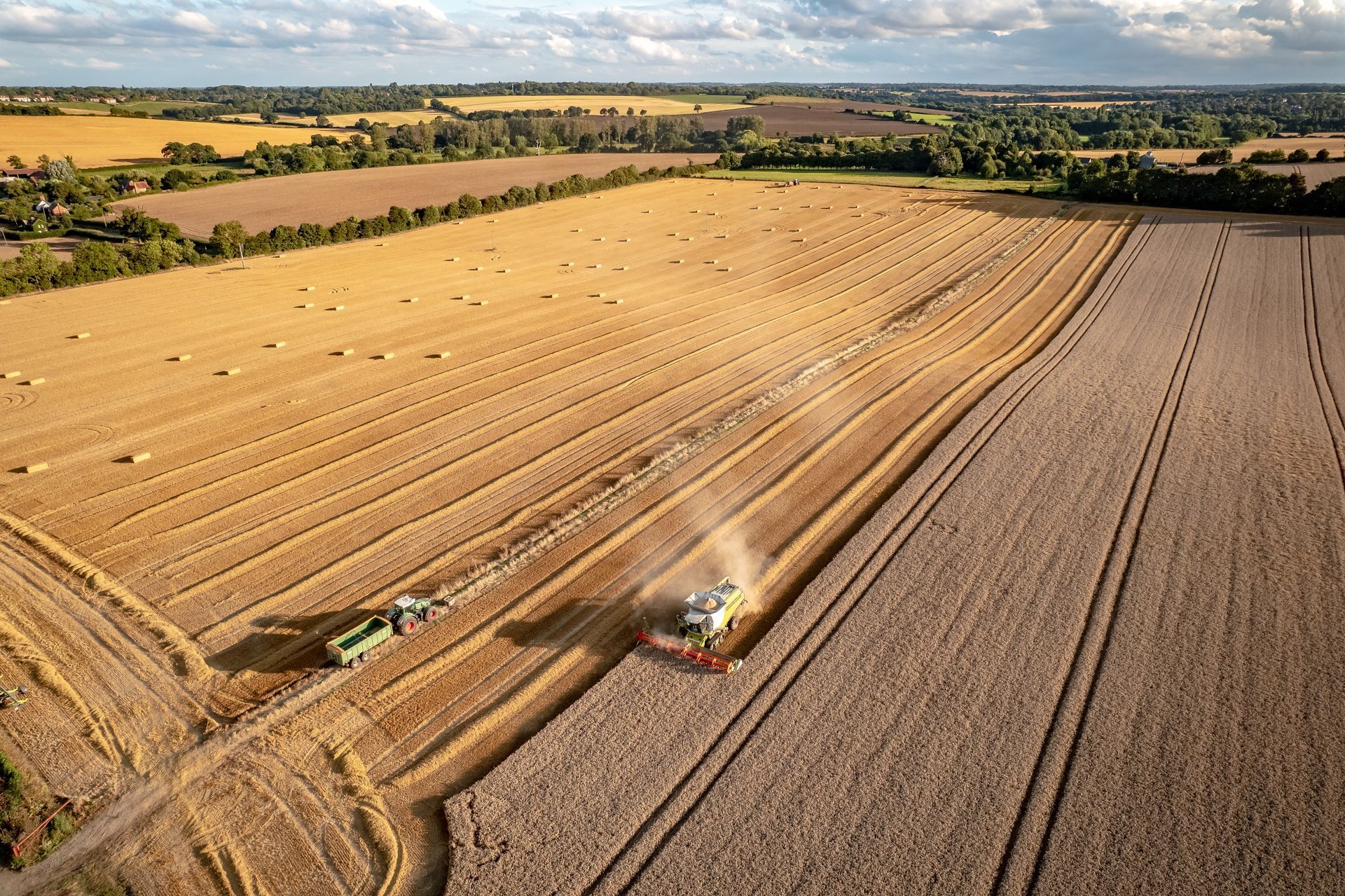As February unfolds, it's a crucial time for farmers to lay the groundwork for a successful spring planting season. This month is pivotal for strategizing and preparing, ensuring that when spring arrives, the fields are ready to foster bountiful crops.

Assessing and Preparing the Soil
The first step in February is soil assessment. Conducting soil tests to determine nutrient levels and pH balance is essential. Based on these results, amending the soil to optimize plant growth becomes a targeted task. Whether it's adjusting pH levels or supplementing nutrients, this preparation is foundational for healthy crops.
Planning Crop Rotation and Planting Strategy
Next, consider your crop rotation and planting strategy. Rotating crops not only enhances soil health but also aids in pest control. Planning what and where to plant, based on previous years' crops, sets the stage for a diverse and productive yield.
Equipment Maintenance and Upgrades
This month is also ideal for inspecting and maintaining farming equipment. Ensuring that all machinery is in top condition is crucial for efficient planting. Upgrading or investing in new equipment can also be considered to enhance operational efficiency.
Seed Selection and Ordering
Choosing the right seeds is a critical decision. Select seeds that are suited to your region's climate and soil type. Early ordering ensures you get the desired varieties and quantities.
Implementing Sustainable Practices
Incorporating sustainable practices is where Richland Micro Drainage's expertise shines. Practices like cover cropping and reduced tillage play a significant role in maintaining long-term soil health. Cover crops, for instance, protect and enrich the soil during off-seasons, while reduced tillage minimizes soil disruption, preserving its structure and nutrient content.
Setting Up Irrigation Systems
February is also the time to evaluate and prepare your irrigation systems. Efficient water management is key to successful crop growth. Richland Micro Drainage offers advanced solutions for optimizing water use, ensuring that your crops receive adequate hydration without wastage. Our systems are designed to conserve water and provide uniform irrigation, crucial for consistent and healthy crop development.
Pest and Weed Management Planning
Develop a plan for managing pests and weeds. Early identification and strategic control can prevent these issues from becoming major problems during the growing season.
Financial and Market Planning
Lastly, budgeting for the season and planning for market sales are essential. This includes allocating funds for seeds, fertilizers, and labor, as well as researching market trends for selling your harvest.
February's preparations are a blueprint for a fruitful planting season. By taking these proactive steps, especially in implementing sustainable practices and efficient irrigation systems with Richland Micro Drainage's expertise, farmers set themselves up for a successful and efficient spring planting.
Contact us to discuss how we can help you prepare for the 2024 growing season.



